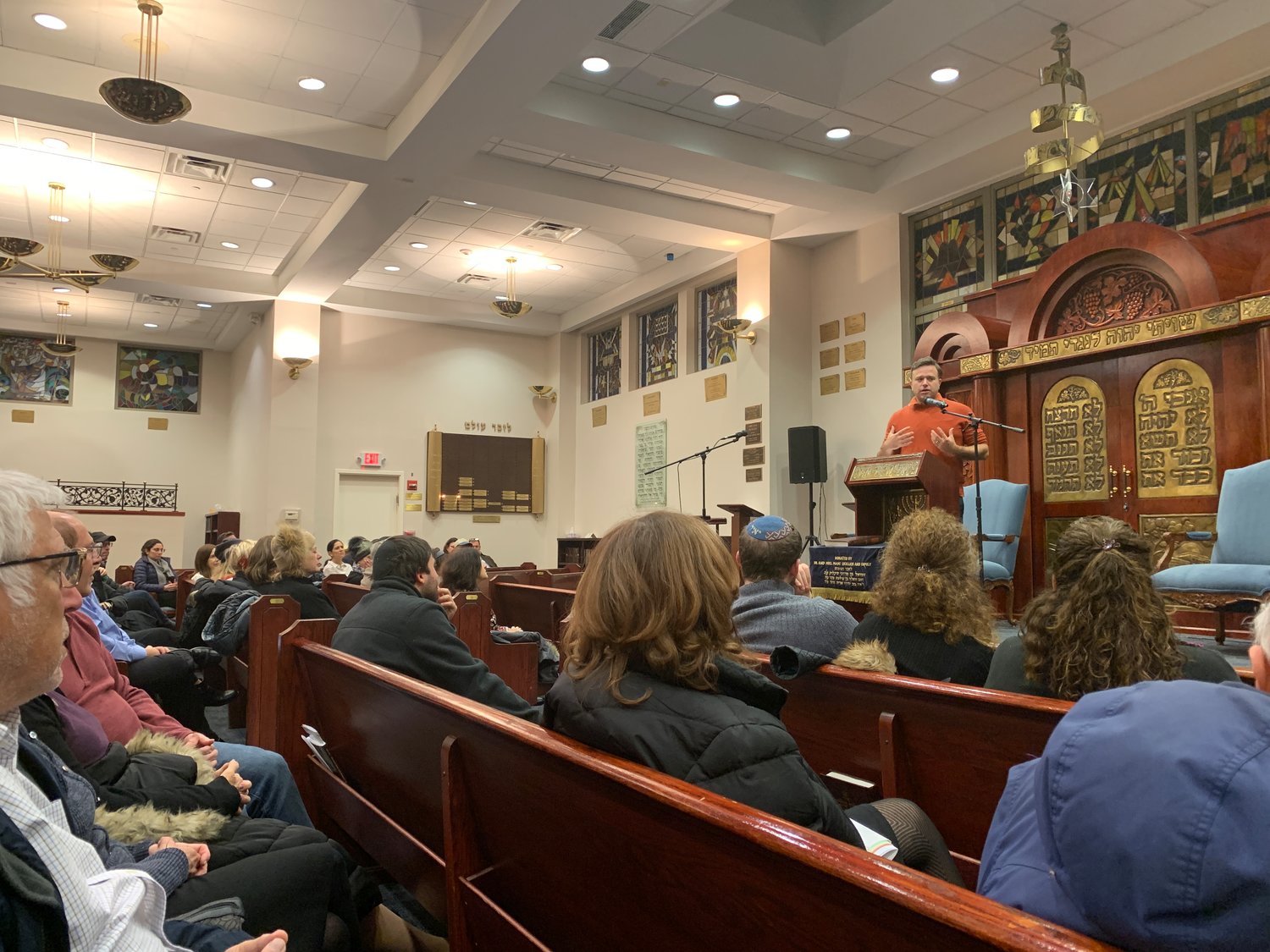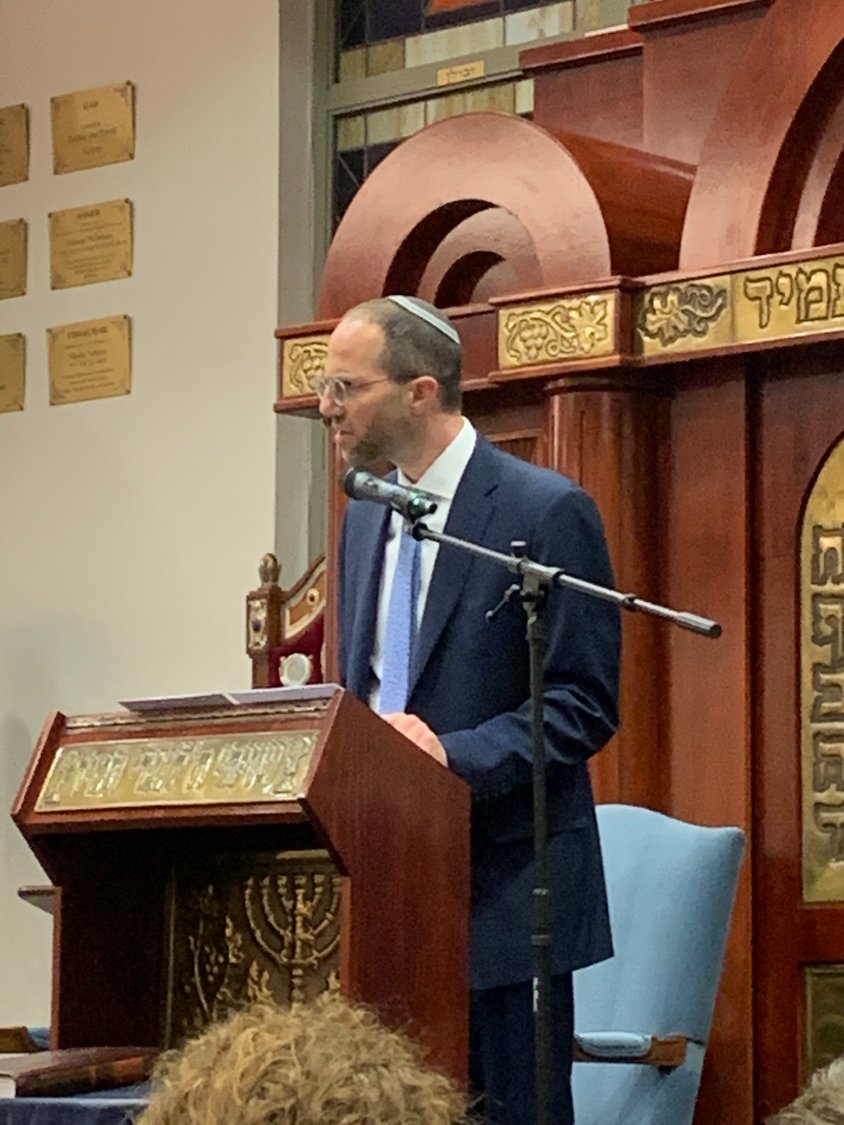Beginning the journey to prioritizing mental health daily
With mental health coming to the forefront of social issues propelled by the coronavirus pandemic, two Jewish organizations — the Marion & Aaron Gural JCC and Nafshenu Alenu — are partnering to present 13 programs to explore those issues with a focus on the Orthodox Jewish community.
The Cedarhurst-based JCC has run issue-oriented programs for years, ranging from a Holocaust survivors group to bereavement. Nafshenu Alenu, founded by Rabbi Dr. Yehuda Septimus and Stuart Katz, is a program that promotes mental well-being. Septimus is the senior rabbi at Young Israel of North Woodmere, and Katz, a mental health advocate, served as president of the synagogue twice. The Hebrew expression “nafshenu alenu” translates to “spirits united.”
“There’s a lot of resources for physical illness, and people talk about mental illness, but they talk about it very hush-hush quietly,” Katz said. “We are trying to change that through educational programs.”
As a volunteer mental health first aid instructor, Katz is involved with global organizations as well as local groups and institutions such as the Five Towns Community Council, the Hebrew Academy of the Five Towns and Rockaway and the Jewish Community Relations Council of Long Island. Septimus has training in treating life challenges and trauma.
In collaboration with the Gural JCC, the pair launched the educational program on Nov. 29 at Young Israel of Lawrence-Cedarhurst. The programs will feature guest speakers and address topics including anxiety, eating disorders, depression, domestic abuse, suicide and substance abuse. The second program, focusing on Self-Definition, was on Dec. 6 at Congregation Beth Sholom with Brian Cuban.
“Recognizing mental health is for everyone, and not just for people who struggle with mental health diagnosis,” Septimus said. “This educational initiative is a great way of starting that. It’s a start of a long journey.”
The inaugural speaker was Zak Williams, a global mental health advocate and speaker, and the son of the late comedian and actor Robin Williams. The elder Williams died by suicide in 2014, and was said to have struggled with depression.
The initial program began with a discussion of mental well-being and community. Zak Williams’s mental health challenges began not after the death of his father, but as a 12-year-old boy, after a cousin and close friend died by suicide at 13.
“I didn’t know how to manage it,” Williams said. “I didn’t know who to talk to. I didn’t know how to connect with my family during this major issue.”
Several years later, Williams was traumatized when, during the first week of his freshman year at New York University, the World Trade Center was attacked. These challenges, coupled with new problems such as his alcohol use, insomnia, obsessive-compulsive disorder and suicidal thoughts, set Williams on a dark path. After his father’s death, he was diagnosed with post-traumatic stress disorder.
But, Williams said, he has transformed his trauma into something that is useful for sharing: his journey from suffering to having a purpose. “I need to share my story, and I need to understand why our mental health system functions the way that it does,” he said, questioning the disparities in care he sees when he speaks in communities around the country. “Why in some communities there are no psychologists at all, and in other communities one for several thousand?” he asked.
Williams called for Five Towns residents to look after one another, but also, most important, to look after themselves because what does it mean to be there for people you love and care for if you aren’t doing the same for yourself? “I had to prioritize my mental health every single day,” he said.










